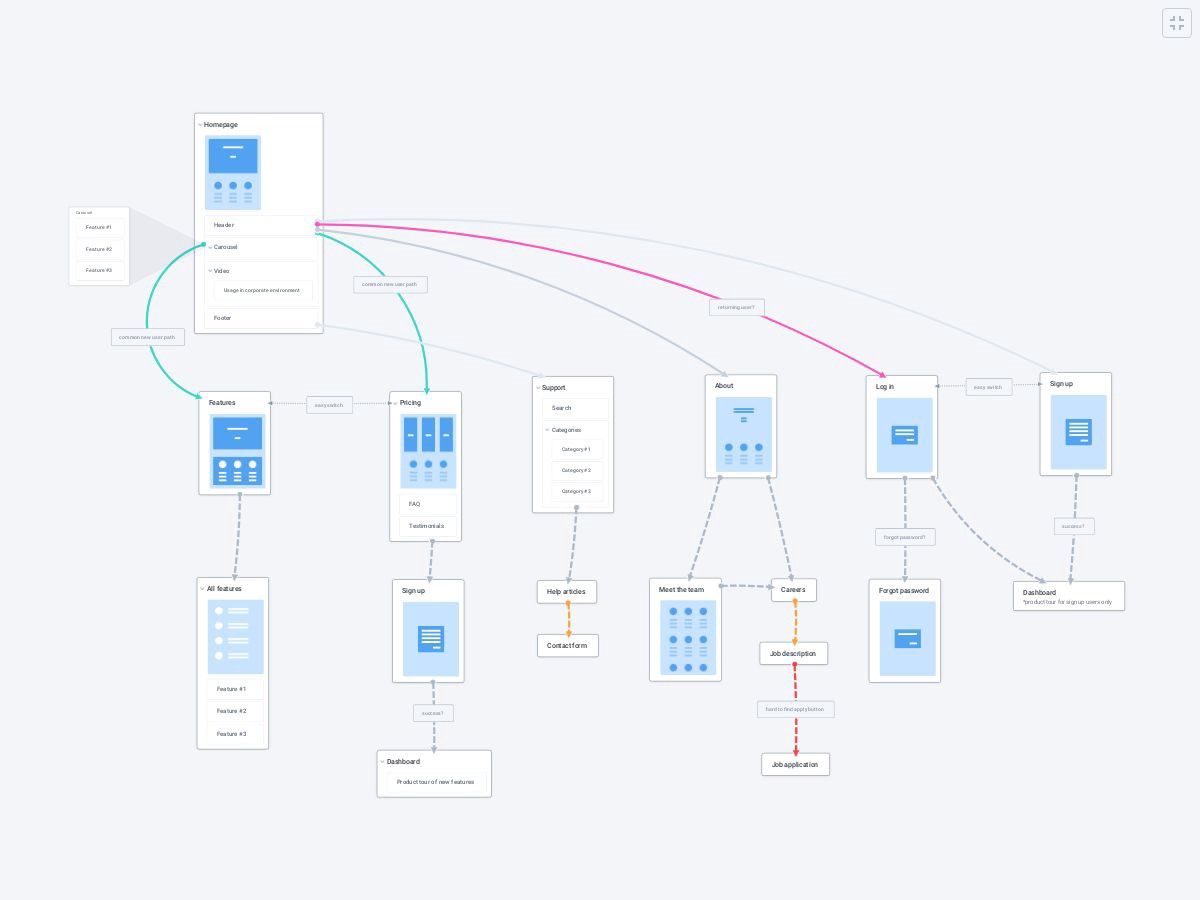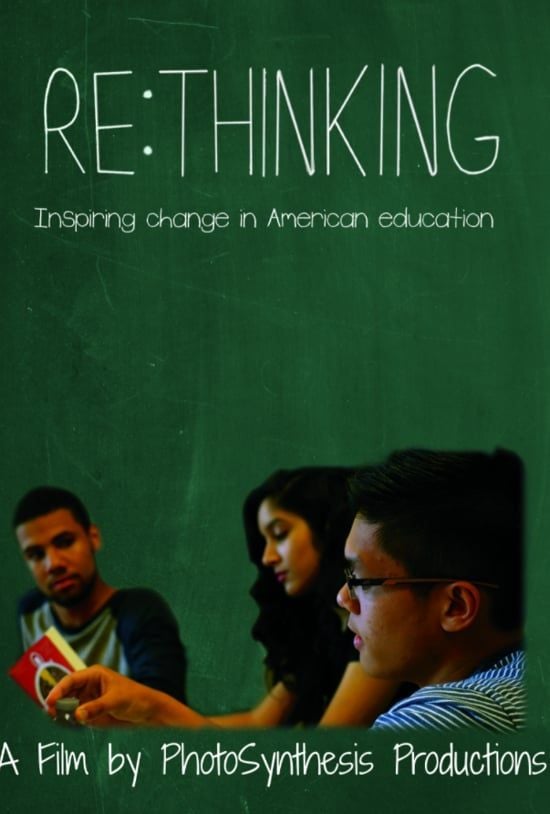Teaching Systems Thinking in Public Schools
 Erin Powers
·
2 minute read
Erin Powers
·
2 minute read
It’s about making the school system reflect learning and engagement instead of control and test scores. It’s trying to make the system better for the student and also to better prepare the student for real life.
-- Elena, 10th Grader at Lehman Alternative Community School
Submitted by Leah Galant. Leah works at PhotoSynthesis Productions
A few months ago, I joined PhotoSynthesis Productions as an intern to assist in the production of a new film called “RE:THINKING.” The film features public education classrooms that use systems thinking and metacognition tools from the work of Dr. Derek Cabrera that shift the focus back to the whole-person growth of the student.
Entering the project, I knew there were many pitfalls within the public educational system and I was thrilled to be a part of a film that was grappling with some of these larger issues. When I started to dig deeper into RE:THINKING, questions arose. Could concepts like systems thinking be used in public educational classrooms? What would that even look like given the rigid standards that teachers and students must adhere to?
My experience in my hometown public high school was straightforward: I learned the material so I could pass the statewide exam and get into college. To be honest, I can’t remember a single formula I learned in my AP Calculus class or important historical date from the revolutionary war. I know my high school experience was not unique, and many American students probably share my sentiments. So the question that RE:THINKING asks is what would a public educational environment look like where priority is placed on thinking instead of on testing?
The first time I entered the halls of Lehman Alternative Community School (LACS) in Ithaca, NY, I instantly felt something different. Instead of passing a group of teenagers gossiping, I found myself eavesdropping on intellectual debates and conversations about collaborative art projects. This did not seem like a typical high school environment, let alone anything I experienced in my high school.
On this particular day at LACS, we filmed a classroom session with Dr. Laura Cabrera about creating a new model for public education using systems thinking tools. The students collaborated in small groups in order to determine the best way to restructure our public educational system.
“See, the problem is back when public education started, they were preparing people for factory work; but life isn’t about factory work anymore,” said an LACS student. “It’s about reframing the relationship between the student and the teacher. The student should be viewed as an adult in training,” replied another student.
I was truly amazed by the conversations these high school students were having. Facilitated by Laura Cabrera, they were using a systems thinking framework to produce intellectual thoughts and conversations you might hear in a college seminar, if you’re lucky.
At that moment it became clear to me why we were making this film. Not to provide answers on fixing a broken system, but to demonstrate using systems thinking and metacognition concepts in our already existing public education system.
I couldn’t help but wonder what our public education system would look like if more teachers and classrooms used techniques for learning that Laura introduced to the LACS class. Maybe it isn't important to regurgitate dates and formulas that you will forget in a month. Instead, perhaps it’s important to learn how to think about larger concepts (using systems thinking) and translate those skills across disciplines. RE:THINKING visits 4 public schools (including LACS) where intellectual growth is prioritized over meeting test standards, and the result is incredible.
For more information about the film, visit https://www.facebook.com/ReThinkingMovie. To learn about the work of Drs. Derek and Laura Cabrera, check out their website, where you can read a blog, watch a video, or learn about their new book Systems Thinking Made Simple.
.png?width=150&height=150&name=CRL%20GOAT%20Logo%20(4).png)


